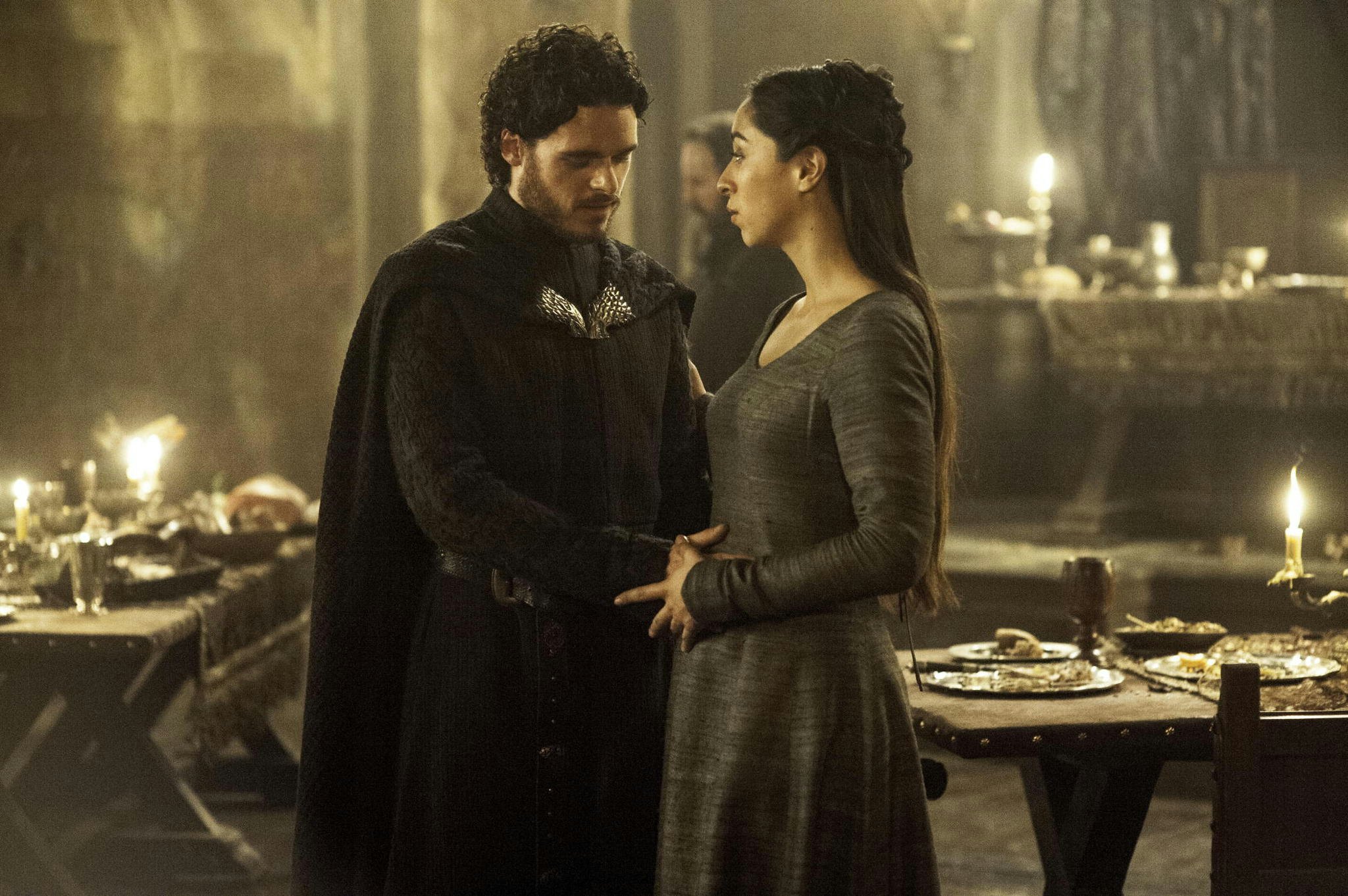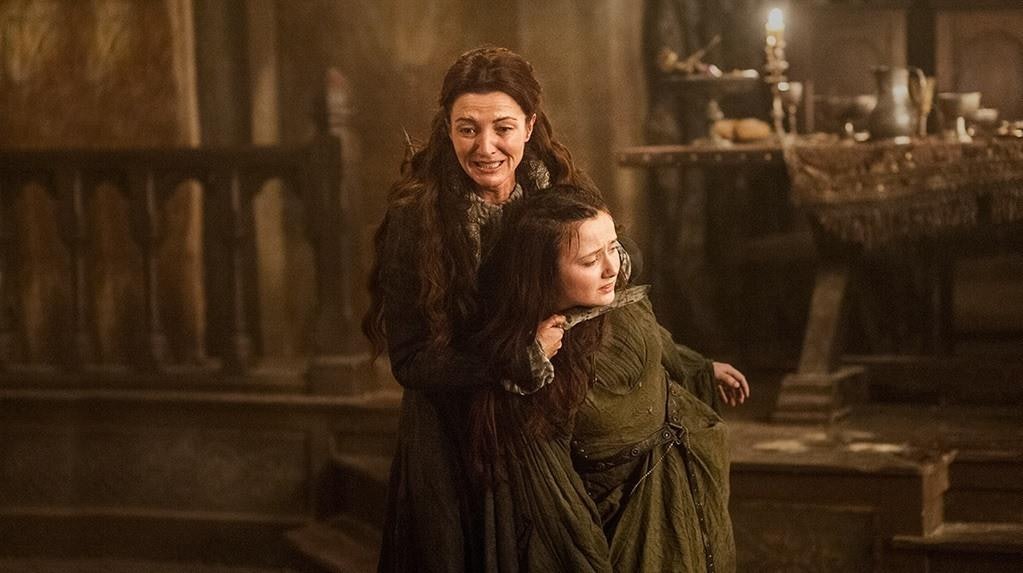
Above all else, Game of Thrones was a show known for its shocks. This was not a story where good men prevailed. It was Lord of the Rings x The Sopranos, a show devoted to reminding us that the brutes willing to do anything for power are typically the ones who can seize and hold onto it.
“The Rains of Castamere,” the ninth episode of the show’s third season, was perhaps the show’s most assertive statement in this regard. The episode, which climaxes with the Red Wedding that kills off Robb and Catelyn Stark, as well as Robb’s wife and his unborn child, is one of the most horrific and gruesome things ever depicted on the small screen. “The Rains of Castamere” was also the episode that, more than any other, firmly cemented Thrones as a show that you simply had to watch. Book readers smugly filmed their friends reacting to the episode’s events, and it became something of a phenomenon on the internet. The show’s ratings continued to boom over the coming seasons, but this episode was the moment Thrones emerged as the show that defined its TV era.
Although it established the show’s cultural footprint and is in and of itself an outstanding hour of television, the reverberations of “The Rains of Castamere,” and of the Red Wedding in particular, echoed through the rest of the series, and not necessarily in good ways.
The reasons that the Red Wedding started this dropoff are two-fold. The first, and maybe more readily apparent, reason is that it was a high the show could never really top. The definitive death of the Starks is so shocking and viscerally upsetting that it had two immediate effects on the audience for Thrones: it made them yearn for more shocks that offered the same feeling, and simultaneously made it impossible for those feelings to ever come again.
It would be an overstatement to suggest that the show had nowhere to go after that moment. Plenty of other plot developments kept viewers hooked for seasons to come. Nothing could ever scratch that same itch, though, in part because viewers were now looking for these shocks everywhere. The Red Wedding firmly established Thrones as the kind of show where heroes lose and villains win. Once you know those are the dynamics, every subsequent death is no longer a surprise. It’s expected.
The other thing the Red Wedding did, in a very literal sense, is kill off some of the show’s most sympathetic characters. Robb Stark may not have made all the right calls, but his fight for vengeance was one that many viewers rooted for, especially after his father’s death. Catelyn was not a perfect mother, and was certainly flawed for her treatment of Jon Snow, but she was at least trying to be good. These characters were deeply compelling, and they commanded an entire storyline in the show’s complex tapestry. The second they died, the world of Thrones got a little bit smaller.

This is true not just of the Red Wedding, but of every major death on the show. Introducing compelling characters is difficult, and killing them off simply leaves you with fewer noteworthy pieces on the board. Death is a part of life, to be sure, but people don’t just watch TV to be shocked. They watch to see characters they feel they know and understand, and when you kill them off at a decent clip, it becomes harder and harder to invest in the ones who are left.
In the end, the Red Wedding might have set the entire show up for failure. It was an event that couldn’t be topped, and one that actually pulled several of the show’s most interesting characters off the board. It was one of the pinnacles of modern TV storytelling, and also the beginning of what would ultimately become a rushed and unceremonious ending five seasons later.







